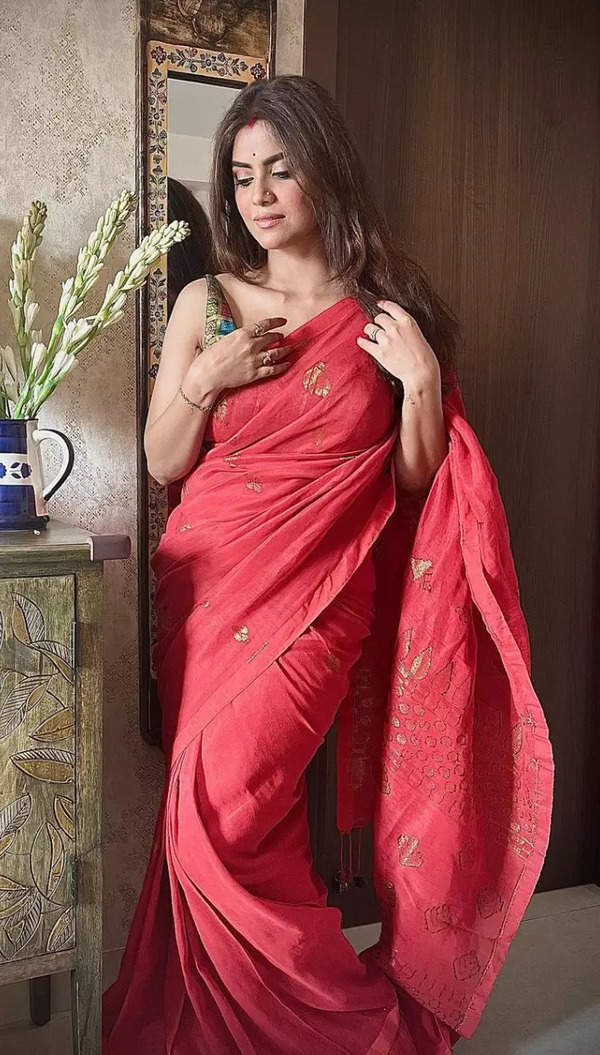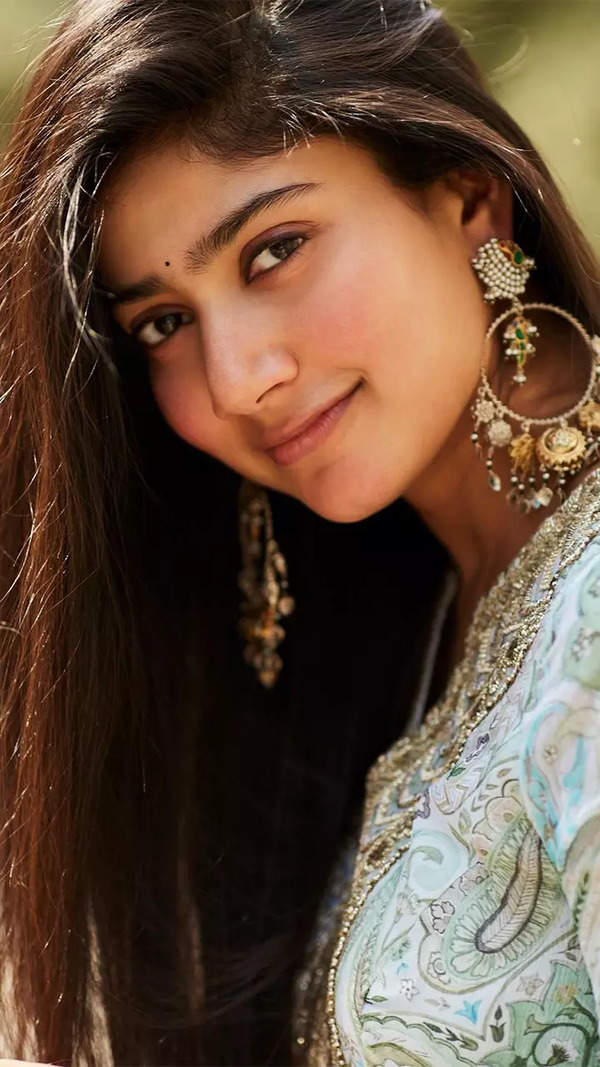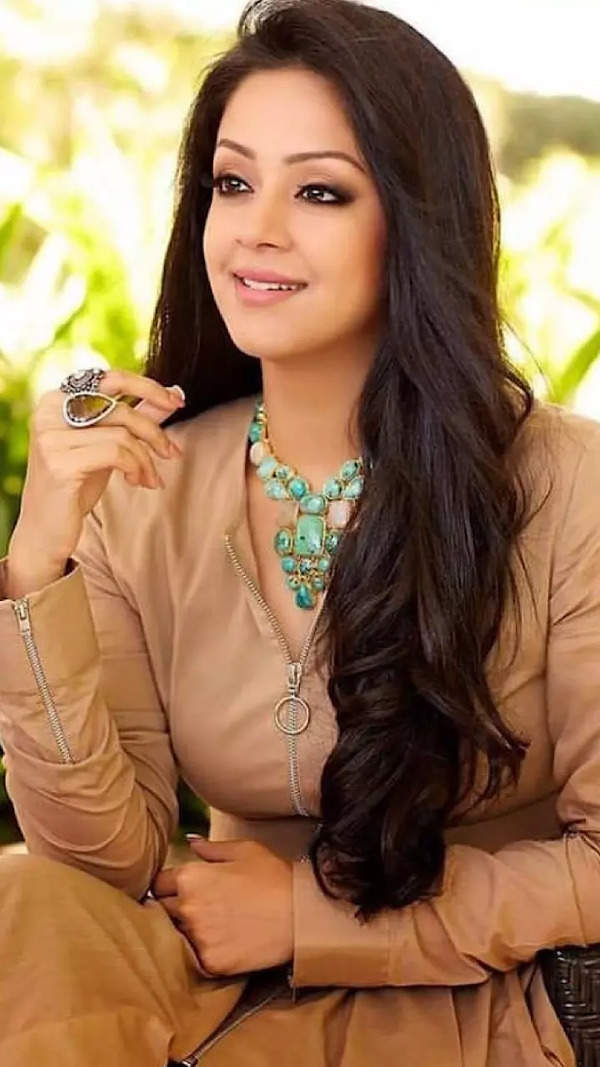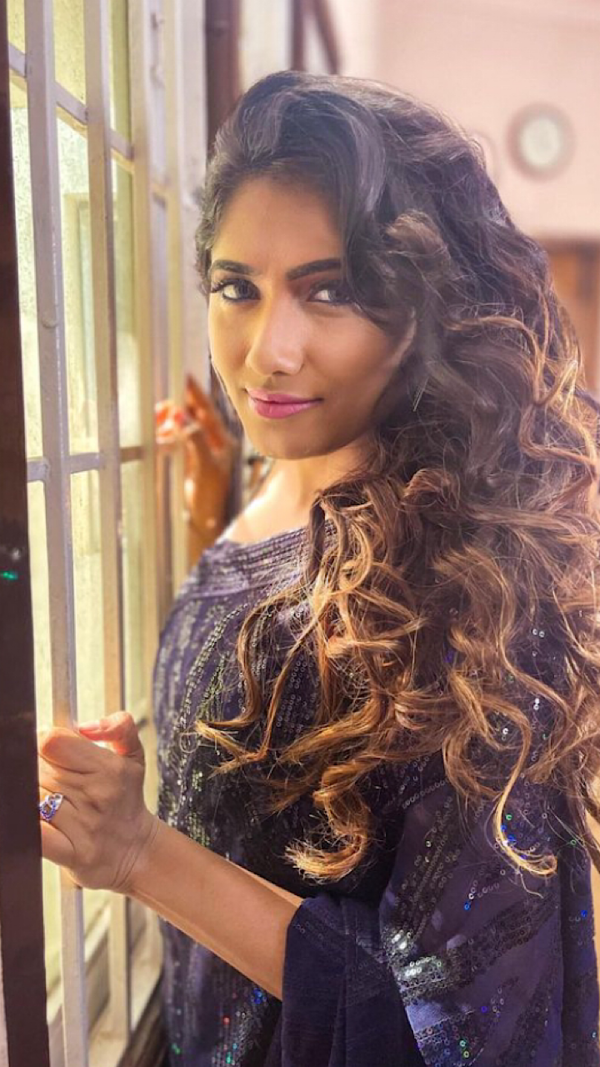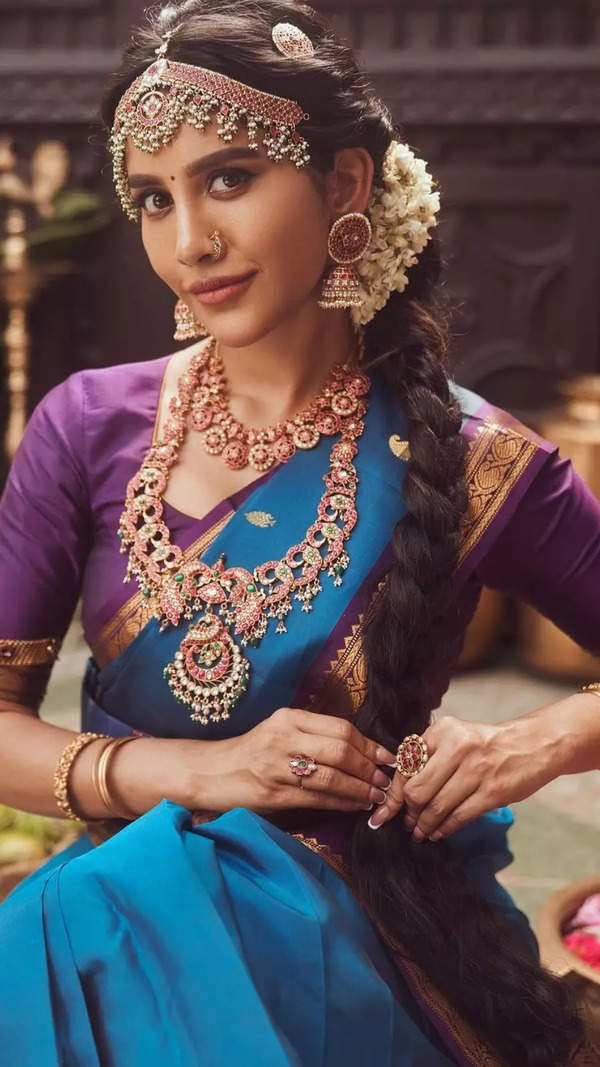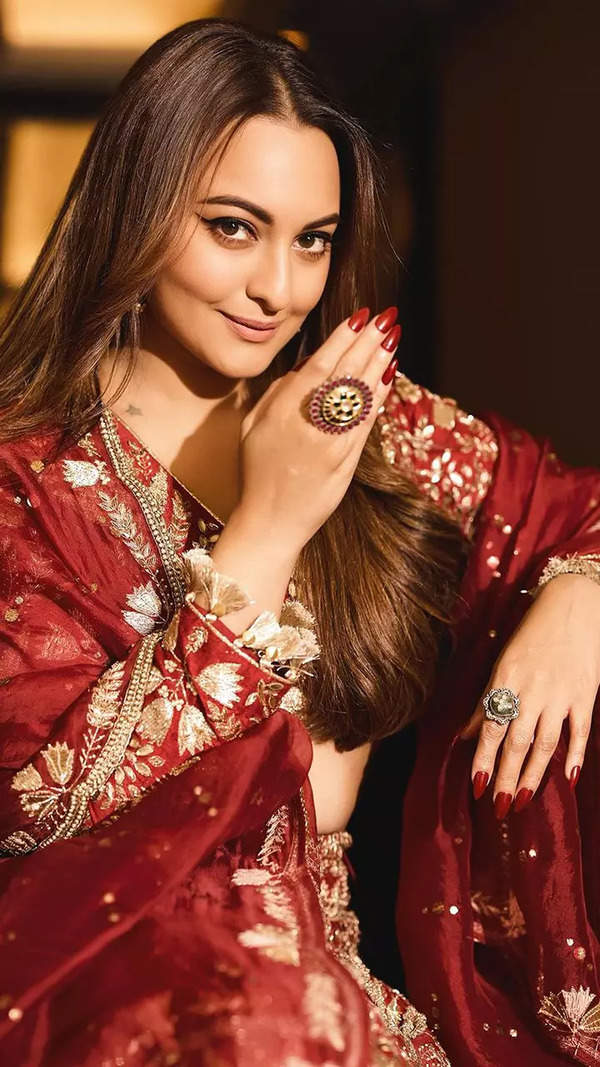- News
- lifestyle
- health-fitness
- health-news
- Menstrual Hygiene Day: Entering a period of change
Trending
This story is from May 28, 2019
Menstrual Hygiene Day: Entering a period of change
Nine states across India and thousands of people have joined hands to celebrate menstruation through the unique festival of Maasika Mahotsav – that aims to purge the taboo surrounding periods in the country...
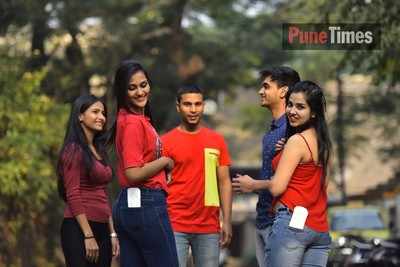
The third edition of Maasika Mahotsav has rallied various NGOs, who have planned activities across the eight states that are hosting the festival – Maharashtra, Gujarat, West Bengal, Sikkim, Madhya Pradesh, Uttar Pradesh, Karnataka, Kerala and Assam
By: Sushmita.Jha@timesgroup.com and Rishabh.Deb@timesgroup.com
Sujeet Gupta’s family was like many other middle-class families in Surat.They bonded frequently over dhokla and chutney, an episode of their favourite Gujarati show, and discussions about their family business. Their 3 BHK home had four washrooms, one for each bedroom and a fourth – out in the backyard – exclusively for the women to use during their ‘time of the month’. But a couple of these things changed last summer, after Sujeet participated in an event as part of his final-year college assignment. “I attended the Maasika Mahotsav in Mumbai, where I watched a play in which a man went sanitary pad shopping for his sister. I heard other young boys talk about menstruation and the issues women face during their periods, and learnt that there is no shame in it,” shares the 28-year-old. Today, he not only purchases sanitary pads for his sister, but also ensures they are not wrapped in newspaper. The women in his house are no longer restricted to just one bathroom during their periods and besides the many conversations about their grocery store business, his family also discusses the stigma and taboos that society needs to address.


In Varanasi, Uttar Pradesh’s holy city, where the Maasika Mahotsav was organised for the first time this year, 24-year-old student Seema Chanda is happy to hear stories of change. “I am witnessing a festival like this – that’s celebrating periods, starting conversations between women and men, and breaking taboos – for the first time. It is a positive beginning in my state, where such topics are often brushed under the carpet,” she smiles.
Her positivity is shared by Nishant Bangera, founder of Mumbai-based Muse Foundation, that started this festival three years ago. He is quite elated that they have progressed from just Mumbai in the first year to 15 cities in nine different states today. But that’s not all the 27-year-old is happy about. Earlier this year, Hope is Life, a Nepal-based NGO, called Nishant to ask him to partner with them and take Maasika Mahotsav to their country. He did.

“In Nepal too, there are several taboos associated with periods. We decided to arrange an art activity, where people paint clothes red. We also had stalls with cotton and cloth pads on display, and also sold pad-shaped key chains,” says Samjhana Sharma, chairperson of Hope Is Life, while talking about the festival that recently took place in Bagdol and Kathmandu. “In Kathmandu, we put the art on display and also organised a cultural programme with dance, songs and films based on menstruation,” Samjhana adds.

Similar to the Maasika Mahotsav, is the Raja Parba that is organised annually in Odisha. The traditional, three-day celebration of fertility and womanhood began several years ago as a dedication to Bhudevi (Goddess Earth). In Odisha, it is believed that the earth too, menstruates, and the onset of the monsoon is equated to the female biological process. “As part of the Raja Parba festivities, people play indoor and outdoor games and girls play around swings tied on tree branches. It is a belief that during this time of year, the Earth – perceived to be a woman – menstruates, and hence people of Odisha observe this festival,” explains sociologist Dr Mandira Patra.
Last year’s Raja Parba was attended by Sugga Tiwari from Bastar, a tribal village in the neighbouring state of Chhattisgarh. Besides being threatened by Naxalites, it has a limited supply of electricity, just a few schools, limited access to toilets and almost no exposure to sanitary napkins. “Till last year, I had no idea about the sanitary products available for menstruating women. The first time I saw different brands of tampons and sanitary napkins was at the festival in Odisha,” shares Sugga, who on returning from Raja Parba, opened a small workshop in her village. Today, Sugga teaches women to use old clothes to make sanitary napkins. “A 40-year-old lady in my town used a sanitary napkin for the first time during her period. That was a rewarding experience for me,” smiles Sugga, who hopes that with more festivals like these, someday, every taboo associated with menstruation will be a thing of the past.
Crowdfunding for underprivileged Indian girls

When Josianne Hosner, a Menstrual Studies teacher in Switzerland, found out about Muse Foundation’s work through Instagram, she wasted no time in extending a hand. “In Switzerland, it’s very easy to go to the doctor or seek help and buy sanitary products openly. But it’s awful that many Indian women have to live in seclusion because they are bleeding. I want to help them,” says Josianne, who started crowdfunding for projects undertaken by Muse Foundation. “People are happy to contribute and they love to be a part of something big, especially when it’s in favour of women’s welfare. I’ve received an amazing response from women in Switzerland. We should stand up for each other and help each other in any way possible, no matter which part of the world one comes from,” she says.

By: Sushmita.Jha@timesgroup.com and Rishabh.Deb@timesgroup.com
Sujeet Gupta’s family was like many other middle-class families in Surat.They bonded frequently over dhokla and chutney, an episode of their favourite Gujarati show, and discussions about their family business. Their 3 BHK home had four washrooms, one for each bedroom and a fourth – out in the backyard – exclusively for the women to use during their ‘time of the month’. But a couple of these things changed last summer, after Sujeet participated in an event as part of his final-year college assignment. “I attended the Maasika Mahotsav in Mumbai, where I watched a play in which a man went sanitary pad shopping for his sister. I heard other young boys talk about menstruation and the issues women face during their periods, and learnt that there is no shame in it,” shares the 28-year-old. Today, he not only purchases sanitary pads for his sister, but also ensures they are not wrapped in newspaper. The women in his house are no longer restricted to just one bathroom during their periods and besides the many conversations about their grocery store business, his family also discusses the stigma and taboos that society needs to address.

On the other hand, at Prakash Bhoir’s home in Mumbai, periods have always been discussed openly. This, despite him belonging to the Warli community, that is known to be quite conservative. But after attending the ongoing Maasika Mahotsav that is set to culminate on Menstrual Hygiene Day, today, Prakash has now made up his mind to also initiate dialogues with his relatives, friends and peers. “When my daughter started menstruating, I was the first person she came to. I bought her first sanitary napkin. When she got married, my wife was sceptical about performing rituals herself since she was menstruating. I asked,‘why not?’. I feel that I really need to discuss menstruation with others and spread awareness about it in my community. It is a natural process and there should be no taboo attached to it,” says the 41-year-old.

In Varanasi, Uttar Pradesh’s holy city, where the Maasika Mahotsav was organised for the first time this year, 24-year-old student Seema Chanda is happy to hear stories of change. “I am witnessing a festival like this – that’s celebrating periods, starting conversations between women and men, and breaking taboos – for the first time. It is a positive beginning in my state, where such topics are often brushed under the carpet,” she smiles.
Her positivity is shared by Nishant Bangera, founder of Mumbai-based Muse Foundation, that started this festival three years ago. He is quite elated that they have progressed from just Mumbai in the first year to 15 cities in nine different states today. But that’s not all the 27-year-old is happy about. Earlier this year, Hope is Life, a Nepal-based NGO, called Nishant to ask him to partner with them and take Maasika Mahotsav to their country. He did.

Nishant Bangera, founder of Muse foundation that organises Maasika Mahotsav, and Swati Singh from Muheem
“In Nepal too, there are several taboos associated with periods. We decided to arrange an art activity, where people paint clothes red. We also had stalls with cotton and cloth pads on display, and also sold pad-shaped key chains,” says Samjhana Sharma, chairperson of Hope Is Life, while talking about the festival that recently took place in Bagdol and Kathmandu. “In Kathmandu, we put the art on display and also organised a cultural programme with dance, songs and films based on menstruation,” Samjhana adds.

Similar to the Maasika Mahotsav, is the Raja Parba that is organised annually in Odisha. The traditional, three-day celebration of fertility and womanhood began several years ago as a dedication to Bhudevi (Goddess Earth). In Odisha, it is believed that the earth too, menstruates, and the onset of the monsoon is equated to the female biological process. “As part of the Raja Parba festivities, people play indoor and outdoor games and girls play around swings tied on tree branches. It is a belief that during this time of year, the Earth – perceived to be a woman – menstruates, and hence people of Odisha observe this festival,” explains sociologist Dr Mandira Patra.
Last year’s Raja Parba was attended by Sugga Tiwari from Bastar, a tribal village in the neighbouring state of Chhattisgarh. Besides being threatened by Naxalites, it has a limited supply of electricity, just a few schools, limited access to toilets and almost no exposure to sanitary napkins. “Till last year, I had no idea about the sanitary products available for menstruating women. The first time I saw different brands of tampons and sanitary napkins was at the festival in Odisha,” shares Sugga, who on returning from Raja Parba, opened a small workshop in her village. Today, Sugga teaches women to use old clothes to make sanitary napkins. “A 40-year-old lady in my town used a sanitary napkin for the first time during her period. That was a rewarding experience for me,” smiles Sugga, who hopes that with more festivals like these, someday, every taboo associated with menstruation will be a thing of the past.
Crowdfunding for underprivileged Indian girls

When Josianne Hosner, a Menstrual Studies teacher in Switzerland, found out about Muse Foundation’s work through Instagram, she wasted no time in extending a hand. “In Switzerland, it’s very easy to go to the doctor or seek help and buy sanitary products openly. But it’s awful that many Indian women have to live in seclusion because they are bleeding. I want to help them,” says Josianne, who started crowdfunding for projects undertaken by Muse Foundation. “People are happy to contribute and they love to be a part of something big, especially when it’s in favour of women’s welfare. I’ve received an amazing response from women in Switzerland. We should stand up for each other and help each other in any way possible, no matter which part of the world one comes from,” she says.

Swastika Thapa and Dr Ami Yagnik speak about the Maasika Mahotsav
End of Article
FOLLOW US ON SOCIAL MEDIA

